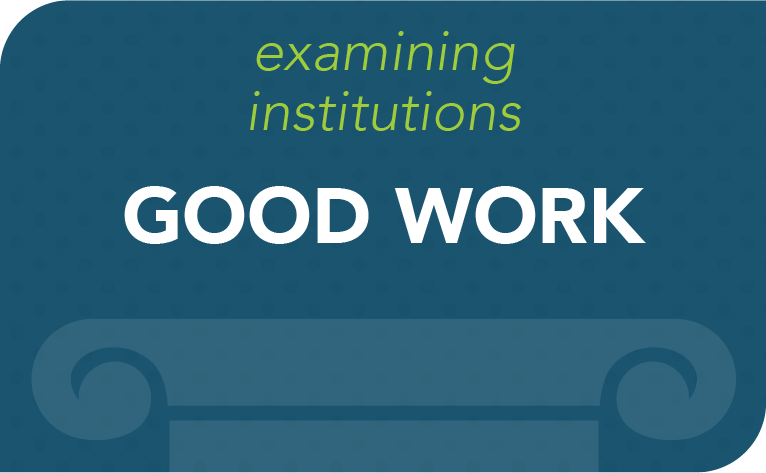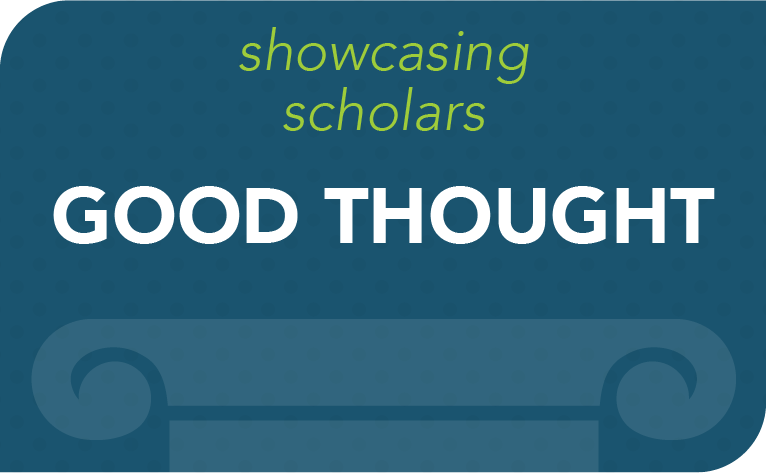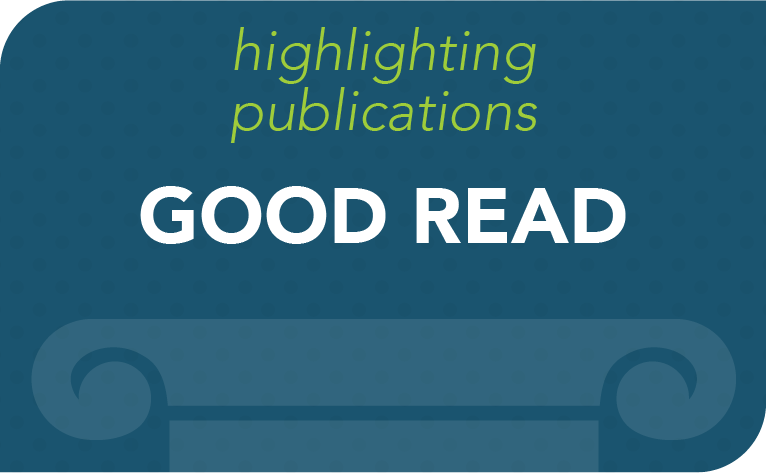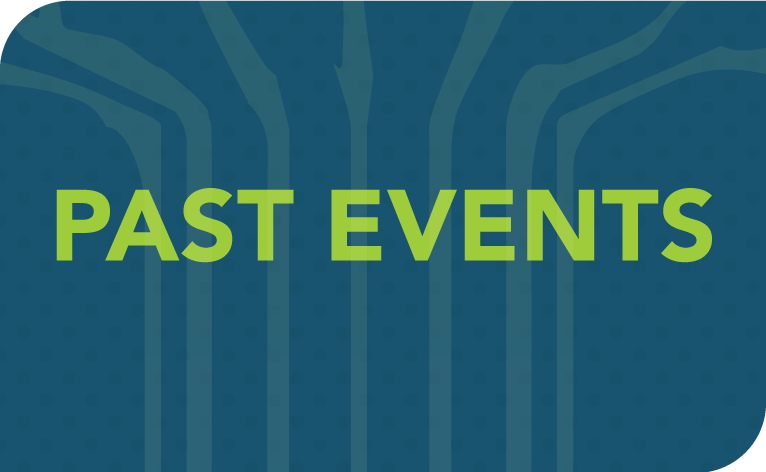
Examining Honesty
December 2020
Wake Forest University recently launched a 3-year initiative called the Honesty Project to explore what honesty is and how it affects relationships, groups, and institutions. Funded by a $4.4 million grant from the John Templeton Foundation, the project will support many studies across fields including psychology, business, economics, and political science, as well as a number of projects on the philosophy of honesty.
“We tend to think of ourselves as honest people. But, for surprising reasons, we will sometimes lie, cheat or steal. Honesty comes up all the time in daily interactions. There are opportunities to be honest or fail to be honest, both in the very minor things, like white lies, or in major things. We hope the Honesty Project will help us better understand this crucial but surprisingly neglected virtue,” said Wake Forest University A.C. Reid Professor of Philosophy Christian B. Miller, Director of the Honesty Project, author of The Character Gap and co-editor of the 2020 book Integrity, Honesty and Truth Seeking.
Miller and team are collaborating with Taya Cohen, Associate Professor of Organizational Behavior and Theory at Carnegie Mellon University’s Tepper School of Business. Cohen is researching honesty between colleagues and between mentors and mentees as they share critical but difficult feedback. She hopes to find barriers to honesty and to develop strategies to help people be kind and honest in their communication.
Other research within the project will look into questions such as how to encourage honesty and if there are times when dishonesty is justified.
In conjunction with this project, Miller recently published an Op-Ed in The New York Times entitled “Just How Dishonest are Most Students?” in which he explored honesty and cheating among college students and discussed the efficacy of honor codes and what makes them effective. The entire Honesty Project seeks not only to study and measure honesty, but also to identify the most effective ways to cultivate the virtue.
“We want our children to grow up to be honest, we want politicians and other leaders to be honest, we value honesty in society and in the workplace. And yet, we have so much more to learn about honesty,” Miller said.






